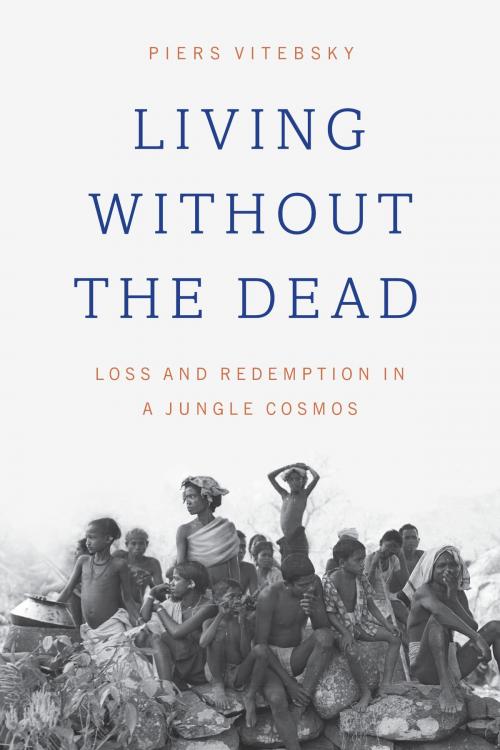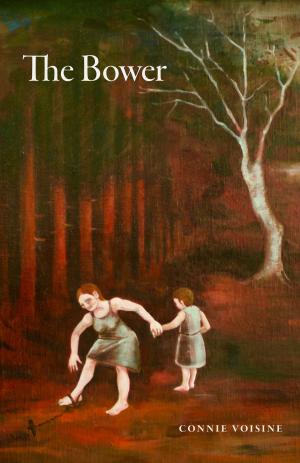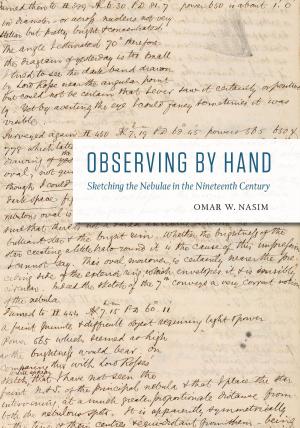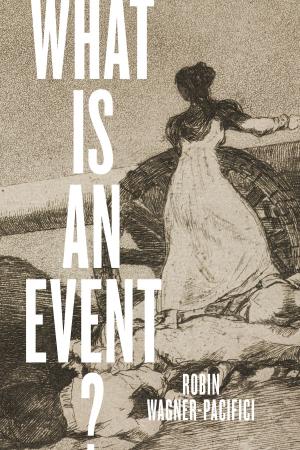Living without the Dead
Loss and Redemption in a Jungle Cosmos
Nonfiction, Religion & Spirituality, Other Practices, Ethnic & Tribal, Social & Cultural Studies, Social Science, Anthropology| Author: | Piers Vitebsky | ISBN: | 9780226407876 |
| Publisher: | University of Chicago Press | Publication: | October 19, 2017 |
| Imprint: | University of Chicago Press | Language: | English |
| Author: | Piers Vitebsky |
| ISBN: | 9780226407876 |
| Publisher: | University of Chicago Press |
| Publication: | October 19, 2017 |
| Imprint: | University of Chicago Press |
| Language: | English |
Just one generation ago, the Sora tribe in India lived in a world populated by the spirits of their dead, who spoke to them through shamans in trance. Every day, they negotiated their wellbeing in heated arguments or in quiet reflections on their feelings of love, anger, and guilt.
Today, young Sora are rejecting the worldview of their ancestors and switching their allegiance to warring sects of fundamentalist Christianity or Hinduism. Communion with ancestors is banned as sacred sites are demolished, female shamans are replaced by male priests, and debate with the dead gives way to prayer to gods. For some, this shift means liberation from jungle spirits through literacy, employment, and democratic politics; others despair for fear of being forgotten after death.
How can a society abandon one understanding of reality so suddenly and see the world in a totally different way? Over forty years, anthropologist Piers Vitebsky has shared the lives of shamans, pastors, ancestors, gods, policemen, missionaries, and alphabet worshippers, seeking explanations from social theory, psychoanalysis, and theology. Living without the Dead lays bare today’s crisis of indigenous religions and shows how historical reform can bring new fulfillments—but also new torments and uncertainties.
Vitebsky explores the loss of the Sora tradition as one for greater humanity: just as we have been losing our wildernesses, so we have been losing a diverse range of cultural and spiritual possibilities, tribe by tribe. From the award-winning author of The Reindeer People, this is a heartbreaking story of cultural change and the extinction of an irreplaceable world, even while new religious forms come into being to take its place.
Just one generation ago, the Sora tribe in India lived in a world populated by the spirits of their dead, who spoke to them through shamans in trance. Every day, they negotiated their wellbeing in heated arguments or in quiet reflections on their feelings of love, anger, and guilt.
Today, young Sora are rejecting the worldview of their ancestors and switching their allegiance to warring sects of fundamentalist Christianity or Hinduism. Communion with ancestors is banned as sacred sites are demolished, female shamans are replaced by male priests, and debate with the dead gives way to prayer to gods. For some, this shift means liberation from jungle spirits through literacy, employment, and democratic politics; others despair for fear of being forgotten after death.
How can a society abandon one understanding of reality so suddenly and see the world in a totally different way? Over forty years, anthropologist Piers Vitebsky has shared the lives of shamans, pastors, ancestors, gods, policemen, missionaries, and alphabet worshippers, seeking explanations from social theory, psychoanalysis, and theology. Living without the Dead lays bare today’s crisis of indigenous religions and shows how historical reform can bring new fulfillments—but also new torments and uncertainties.
Vitebsky explores the loss of the Sora tradition as one for greater humanity: just as we have been losing our wildernesses, so we have been losing a diverse range of cultural and spiritual possibilities, tribe by tribe. From the award-winning author of The Reindeer People, this is a heartbreaking story of cultural change and the extinction of an irreplaceable world, even while new religious forms come into being to take its place.















